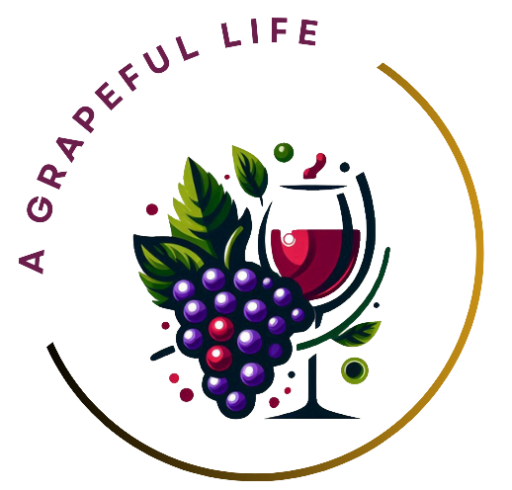The world of wine has been seeing a tectonic shift, with organic winemaking gaining traction. A big part of this movement stems from increased consumer awareness. Folks today are more curious about what’s in their glass, and they’re leaning towards products that put environmental sustainability front and center.
Climate change has also ushered in a new era for winemaking. Traditional practices are being challenged by unpredictable weather patterns, pushing many winemakers towards more sustainable, resilient approaches. In this context, organic winemaking offers not just an environmentally friendly option but also a way to potentially improve vineyard health against these odds.
There are wineries out there, big names too, that have made this transition and found themselves flourishing. Their stories highlight that going organic isn’t just about following a trend but about meeting a genuine demand for transparency and quality. It’s all about offering a product that people not only want to drink but feel good about drinking.
The Transition Journey: From Conventional to Organic Winemaking
Switching up from conventional to organic winemaking is far from a simple task, but it’s a rewarding journey. The transition begins at the roots – quite literally – with the soil. For a vineyard, soil isn’t just dirt; it’s the bedrock of all future wine. Organic practices focus on enriching the soil with natural compost and encouraging biodiversity.
One of the biggest changes organic winemakers face is ditching synthetic chemicals, such as fertilizers and pesticides. Instead, they turn to natural alternatives, which can demand more time and effort but lead to healthier vine growth in the long run. These practices aren’t just about replacing a product but about fostering a whole new ecosystem.
Navigating regulations is another critical part of the journey. Winemakers aiming for organic labels must comply with strict certification rules that vary from place to place. This means producers need to be meticulous about every step of their process, from vineyard to bottle, ensuring they meet these standards while keeping quality high.
Embracing organic winemaking is also about adopting a mindset. It’s not just a checklist to tick off but a commitment to sustainability and quality. Winemakers who succeed often share that patience and passion are just as important as technical know-how.
Financial Impacts and Market Dynamics for Organic Wineries
Switching to organic winemaking comes with its own share of financial implications. Initially, the costs can stack up, as transitioning requires new materials, possibly new equipment, and personnel training. However, many see these costs as investments, laying the groundwork for potential long-term gains.
One key advantage is the boost in brand value. Wineries often find that embracing organic methods can enhance their reputation in a crowded market. This can translate to increased loyalty among existing customers and attract a new segment who prioritize organic products.
Pricing organic wines is another factor that needs careful consideration. The costs involved may push retail prices higher. However, there’s good news on this front—many consumers show a willingness to fork out a bit more for products that align with their values, including environmental consciousness and quality care.
Success in this arena often requires robust market strategies. Highlighting the uniqueness and benefits of organic wine, through storytelling and transparent communication, helps in justifying the price point and growing a dedicated customer base.
Harnessing Market Growth: The Future of Organic Wines
The organic wine sector is poised for significant growth, and it’s an exciting time for both winemakers and consumers. The shifting consumer preferences are trending towards authenticity and sustainability, which organic wines can offer in spades.
Understanding the demographics is essential. Younger generations, particularly millennials, are leading the charge in this movement, showing a deep interest in sustainable options. They’re not just purchasing a product; they’re endorsing a lifestyle and values. This perspective offers organic winemakers a unique opportunity to build strong, lasting consumer relationships.
Effective marketing and promotion are also critical. It’s about telling a compelling story—how the wine is made, the benefits of organic practices, and why it matters. Authenticity and credibility in these narratives can distinguish a brand in today’s competitive market.
Innovation also plays a role. As technology continues to evolve, it offers new ways to enhance the organic winemaking process, from more effective natural pest controls to even smarter vineyard management systems.
Stepping into the future, organic wines aren’t just a niche but a movement toward a more sustainable world, with growing support and promising prospects.
